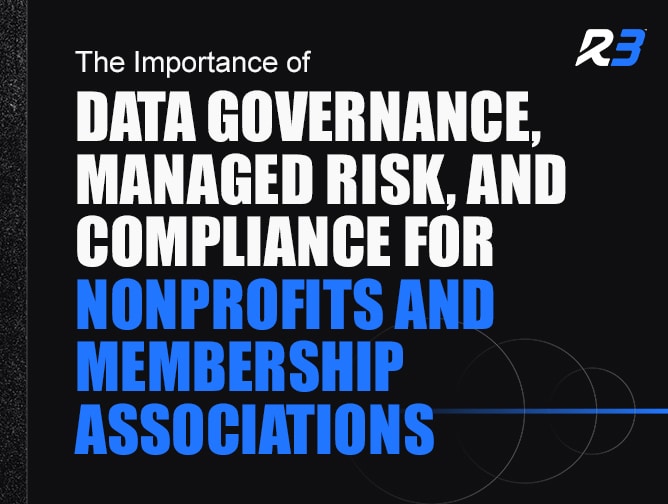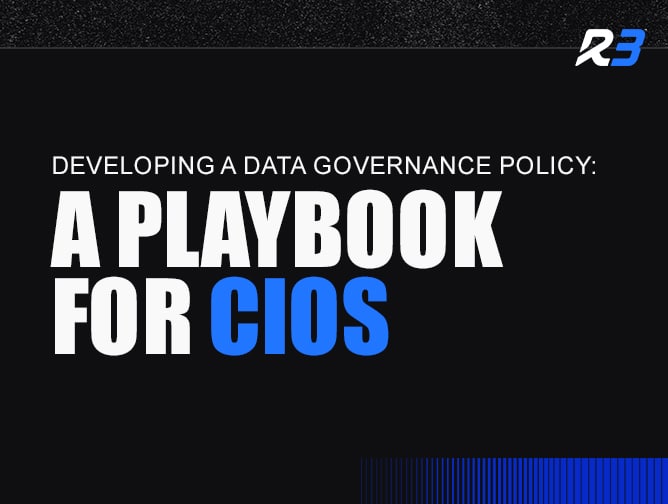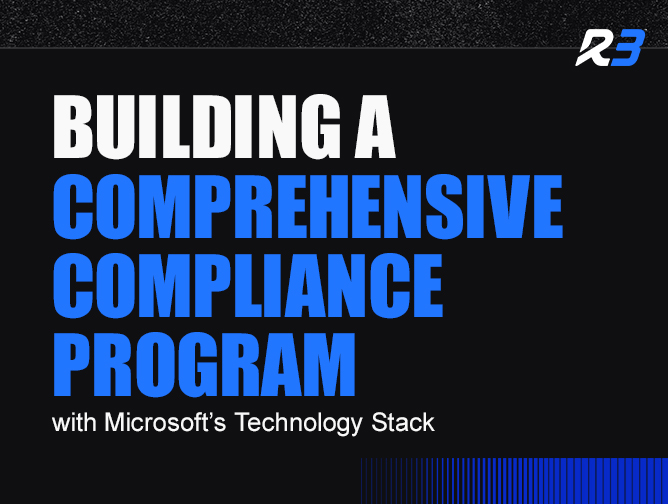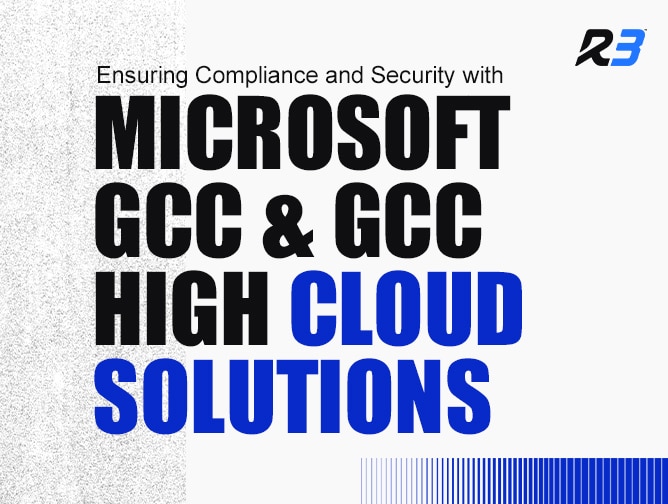The Importance of Data Governance, Managed Risk, and Compliance for Nonprofits and Membership Associations

As regulatory requirements become more commonplace in doing business and cybersecurity measures standardized, nonprofits and membership associations are increasingly recognizing the critical role of data governance, risk management, and compliance. These organizations often handle sensitive information, including member details, donor contributions, and financial transactions, making robust data practices more important than ever.
This blog post explores why data governance, managed risk, and compliance are essential for nonprofits and membership associations.
Data Governance: Ensuring Integrity and Accountability for NPOs and Associations
Data governance refers to the framework that ensures the accuracy, availability, and security of data within an organization. For nonprofits and membership associations, effective data governance is vital for several reasons:
- Enhancing Data Quality and Accuracy: High-quality data is crucial for making informed decisions, conducting effective campaigns, and ensuring operational efficiency. A structured data governance framework helps in maintaining the integrity and accuracy of data, which translates into better strategic decisions and improved outcomes.
- Promoting Transparency and Accountability: With donors, members, and stakeholders demanding more transparency, nonprofits and associations must ensure their data is credible and reliable. Data governance fosters a culture of accountability, where data management practices are documented, monitored, and evaluated regularly.
- Facilitating Compliance with Regulations: Adhering to data protection laws such as GDPR (General Data Protection Regulation) and CCPA (California Consumer Privacy Act) is not optional. Proper data governance ensures that these organizations comply with legal requirements, avoiding potential fines and reputational damage.
Managed Risk: Protecting the Organization and Stakeholders
Risk management involves identifying, assessing, and mitigating risks that could potentially harm the organization. For nonprofits and membership associations, effective risk management is indispensable for safeguarding the organization and its stakeholders.
- Mitigating Financial Risks: Financial stability is paramount for nonprofits. By identifying potential financial risks—such as fraud, mismanagement, or economic downturns—organizations can implement strategies to mitigate these threats and ensure long-term sustainability.
- Protecting Confidential Information: Nonprofits and associations often house sensitive information, including personal data of members and donors. Implementing robust cybersecurity measures and data protection protocols is crucial to prevent data breaches and unauthorized access.
- Ensuring Operational Continuity: Unexpected events such as natural disasters, cyber-attacks, or pandemics can disrupt operations. A comprehensive risk management plan includes contingency strategies to maintain operations during crises, ensuring the organization can continue to serve its mission.
Compliance: Building Trust and Legitimacy
Compliance refers to adhering to laws, regulations, and ethical standards relevant to the organization’s operations. For nonprofits and membership associations, maintaining compliance is vital for building trust and legitimacy among stakeholders.
- Adhering to Legal Requirements: Compliance with local, national, and international laws is non-negotiable. This includes tax regulations, data protection laws, and industry-specific legislations. Nonprofits must stay updated with regulatory changes to avoid legal complications.
- Upholding Ethical Standards: Beyond legal obligations, nonprofits have a moral duty to operate ethically. This encompasses transparent reporting, ethical fundraising practices, and responsible stewardship of resources. Upholding high ethical standards enhances the organization’s credibility and trustworthiness.
- Strengthening Donor and Member Confidence: Compliance demonstrates an organization’s commitment to legal and ethical practices, which can significantly boost donor and member confidence. When stakeholders trust that their contributions and data are handled responsibly, they are more likely to continue their support.
Strategic Implementation of Data Governance, Risk Management, and Compliance
To effectively integrate data governance, risk management, and compliance, nonprofits and membership associations should consider the following strategies:
- Develop Comprehensive Policies: Establish clear policies outlining data management, risk mitigation, and compliance procedures. These policies should be regularly reviewed and updated to reflect current best practices and regulatory changes.
- Invest in Training and Education: Regular training programs for staff and volunteers on data governance, cybersecurity, risk management, and compliance are crucial. Awareness and understanding of these areas foster a culture of responsibility and vigilance.
- Leverage Technology: Utilize technology solutions for data management, risk assessment, and compliance monitoring. Tools such as data analytics, cybersecurity software, and compliance management systems can streamline processes and enhance efficiency.
- Engage Stakeholders: Involve donors, members, and other stakeholders in discussions about data practices, risk management, and compliance efforts. Transparency and open communication build trust and encourage stakeholder engagement.
Conclusion
For nonprofits and membership associations, the importance of data governance, managed risk, and compliance cannot be overstated. These elements are foundational to protecting sensitive information, ensuring operational continuity, and maintaining the trust and confidence of donors and members. By prioritizing these areas, organizations can enhance their effectiveness, uphold their mission, and achieve long-term success.








